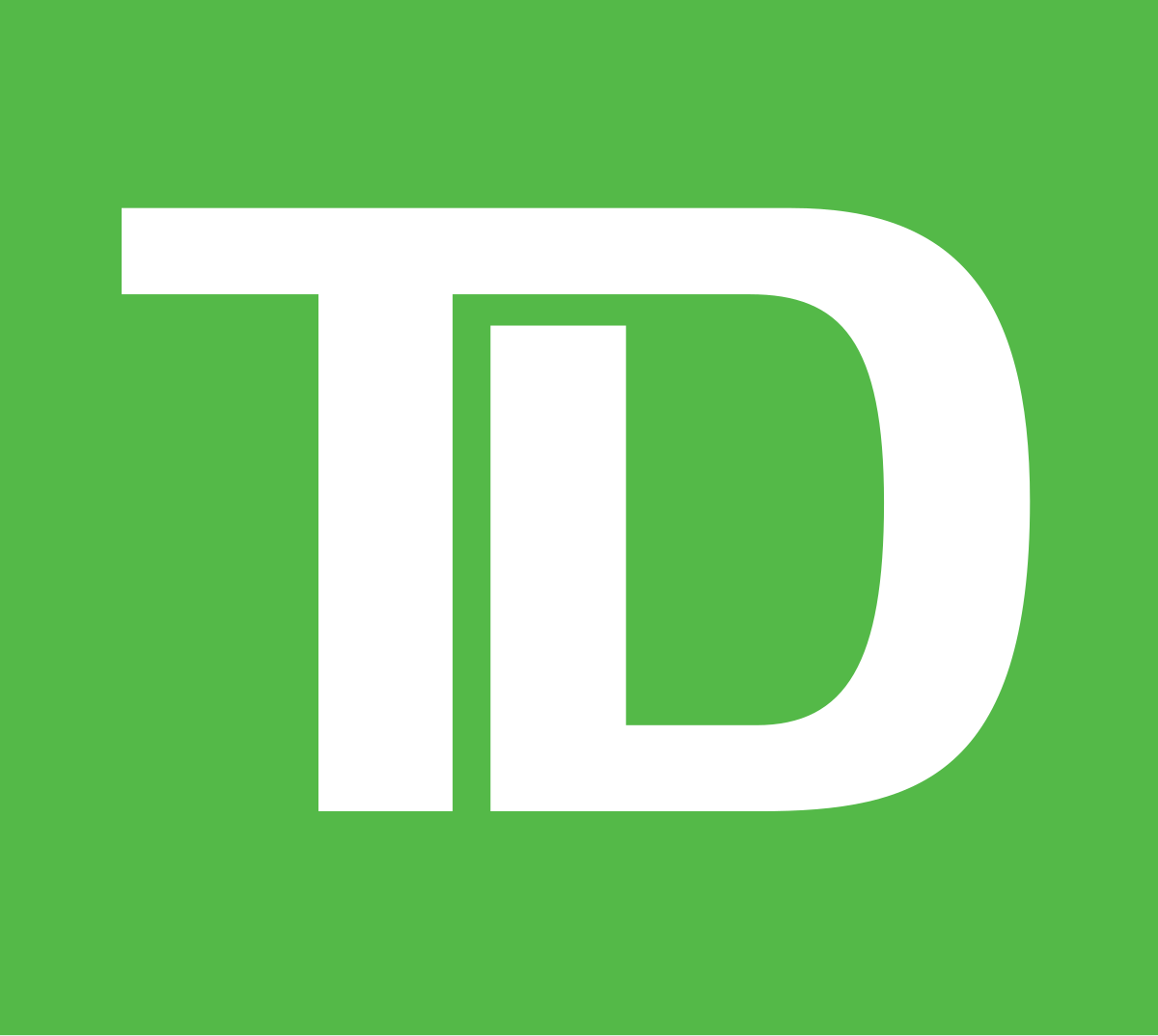
Toronto-Dominion Bank (TD:NYSE): A Leading Canadian Financial Institution
Toronto-Dominion Bank (TD:NYSE), a leading Canadian financial institution, stands out in the banking sector with its attractive dividend yield of 5.3%, which is significantly higher than the industry average of 2.8%. This high yield is particularly appealing to dividend investors, given TD Bank’s strong foothold in North America. It is the second-largest bank in Canada by deposits and ranks sixth across the continent. The bank’s history of consistent dividend payments since 1857 further highlights its financial stability and commitment to rewarding its shareholders.
TD Bank’s operations benefit greatly from Canada’s strict regulatory environment, which promotes a conservative banking culture and has helped secure the bank’s leading market position. The bank’s expansion prospects in the U.S., especially along the East Coast, offer avenues for both organic growth and growth through acquisitions. However, investors should consider the challenges TD Bank faces, such as the potential impact of a cooling housing market in Canada on its mortgage business and the effects of rising interest rates on customer loan repayments. These issues could lead to an increase in troubled loans, posing risks to the bank’s financial health.
Despite these challenges, TD Bank’s financial performance has shown significant strengths and some areas of concern. The bank has seen a remarkable increase in revenue and gross profit growth, with figures rising by approximately 97.43%. However, its net income growth was modest at about 2.23%. A notable decrease in operating income by approximately 95.99% and a decline in asset growth by roughly 2.36% indicate areas where the bank may need to improve its operational efficiency and asset management strategies. Additionally, the bank’s free cash flow and operating cash flow have decreased significantly, by approximately 78.42% and 76%, respectively, which could impact its liquidity and ability to fund future growth or maintain its dividend payments.
On a brighter note, TD Bank’s book value per share growth saw a slight increase of about 1.96%, suggesting some improvement in shareholder equity. Furthermore, the decrease in debt growth by approximately 44.8% is a positive sign, indicating the bank’s efforts to reduce its leverage and improve its financial stability. This reduction in debt, coupled with TD Bank’s strong Tier 1 capital ratio of 13.9%, underscores its robust financial health despite the operational challenges it faces.
Overall, TD Bank’s attractive dividend yield, combined with its significant presence in North America and a conservative banking environment in Canada, makes it an appealing option for dividend investors. However, potential investors should carefully weigh the bank’s growth prospects against the challenges it faces, including the cooling housing market in Canada and regulatory hurdles in the U.S. Despite these concerns, TD Bank’s financial metrics and its commitment to maintaining dividends suggest that it may offer a favorable risk/reward proposition for long-term investors.

